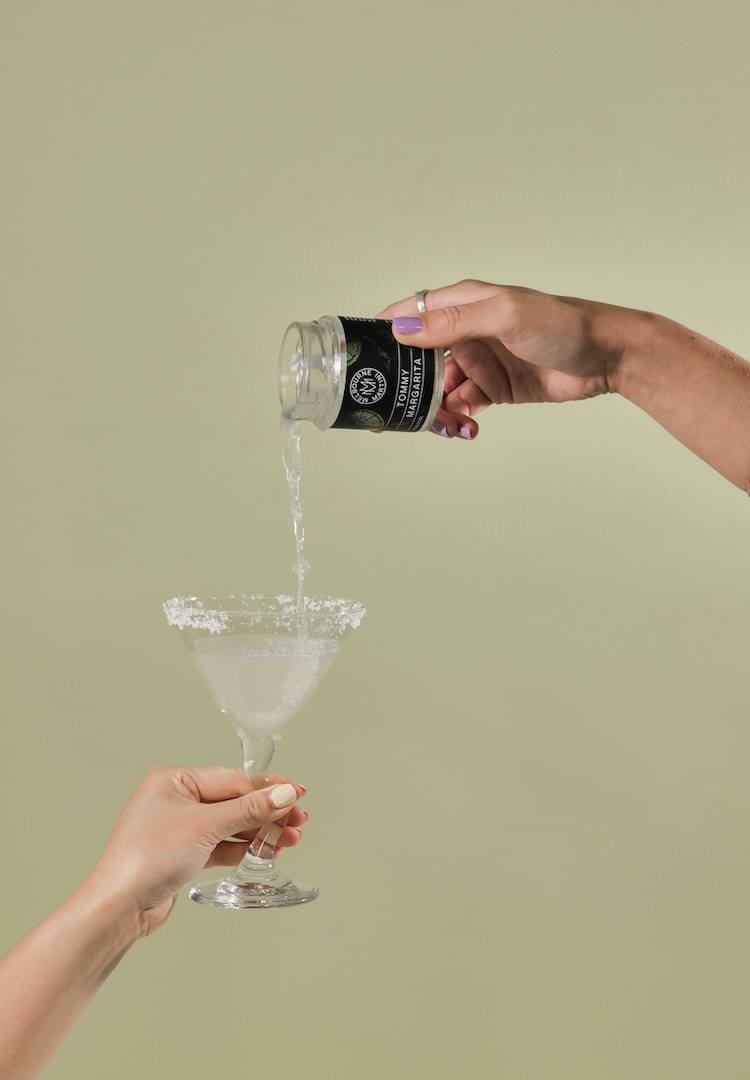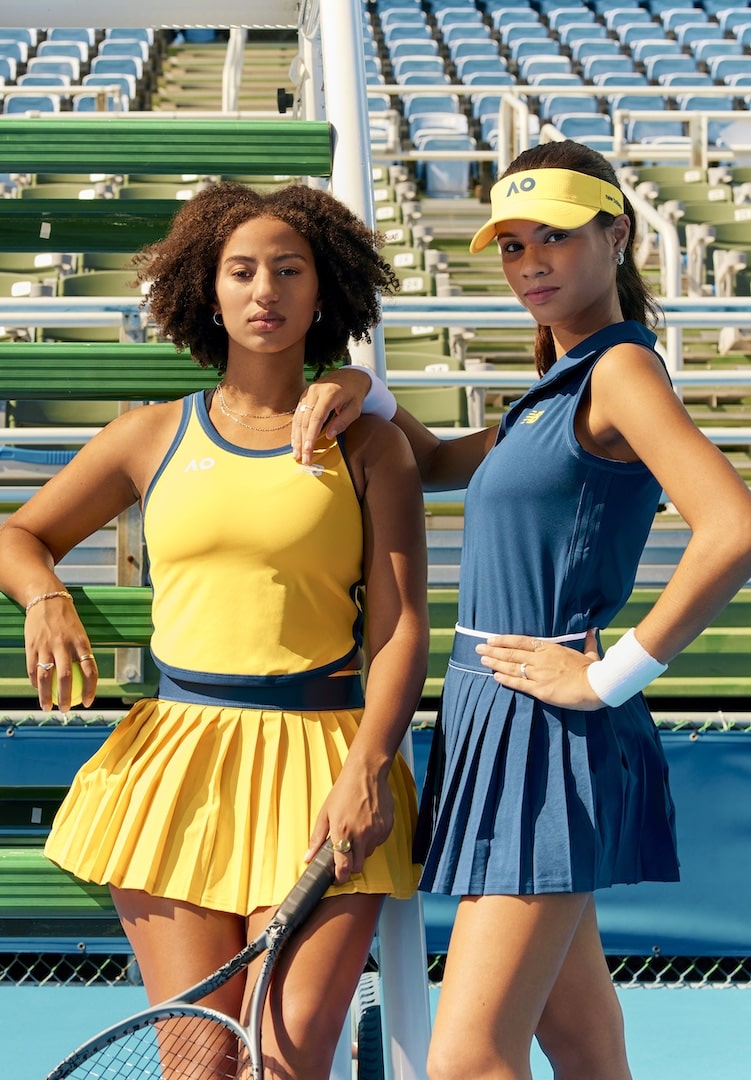It’s time we appreciate ‘The Real Housewives’ franchise for the sport that it is
IMAGE VIA @lisarinna/INSTAGRAM
WORDS BY TOM DISALVO
“Bravo fans speak of Lisa Rinna’s iconic Amsterdam wine throw with the same diehard enthusiasm as a rugby fan during a grand final.”
I’ve defended my fandom of Bravo’s The Real Housewives franchise for as long as it takes Beverly Hills’ Dorit Kemsley to order a vodka, lime and soda. So fervent is my support of the reality series that I’ve long used some of its iconic quotes as part of my everyday vocabulary.
But just as those catchphrases are often lost on their recipient – Oxford Dictionary has yet to recognise “the morally corrupt Faye Resnick” – so too is my general enjoyment of the franchise itself. What I’m usually met with from whoever is on the receiving end of my (excellent) Housewives takes is one of three reactions.
Interested to hear how others navigate the world? Head to our Life section.
For most audiences, the show is either something to be scoffed at or dismissed, is wholly unworthy of intellectual discussion, or is relegated to ‘low-brow’, guilty pleasure status by those who watch it. A closer inspection of these reactions, however, reveals that they’re not only inaccurate (or as Kyle Richards would put it, “Fucking lies!”), but also misogynistic.
To understand this logic, let’s compare The Real Housewives to the world of televised sports. From a purely structural standpoint, both forms of entertainment are usually built around seasons, both sets of participants usually devise teams (see, the Fox Force Five), and both culminate in a season-end face-off between all the major players.
Both athletes and Bravolebrities don tight-fitting costumes and run off into the arena for our entertainment, and each of their respective seasons heralds a new shining star, whether it’s Ash Barty at Wimbledon or Sutton Stracke at a Beverly Hills dinner party (I’m a Sutton apologist).
Even beyond the structural similarities, the parallels between the fandoms that sports and Housewives inspire are equally apparent. Bravo fans speak of Lisa Rinna’s iconic Amsterdam wine throw with the same diehard enthusiasm as a rugby fan during a grand final.
View this post on Instagram
Both fandoms will pick sides whenever there’s an offscreen scandal (#Team Carole), and both flocks to specially-curated conventions or dedicated online communities to voice their devotion. To the untrained eye, the scenes at this year’s BravoCon could easily be mistaken for fanfare outside of the Melbourne Cricket Ground.
Many a Housewives fan will tell you that the show’s parallels with sports are as plain as The Real Housewives of Orange County’s last three seasons (bring Tamra back). So glaring are the similarities that, for many fans, the replacement of a football game with a reunion finale episode at a sports bar would not only be comprehensible but a downright hoot.
View this post on Instagram
But despite the numerous Reddit threads and a commercial that this year pitted Bravolebrities against US footballers, too many sports fans either won’t recognise these similarities or will dismiss them entirely. All of this is not to discredit the positive social influence of sports, or to absolve Housewives of its often-problematic elements (far too many castmates are criminals), but to ask why, despite their similarities, one form of entertainment is prized while the other is dismissed as a ‘guilty pleasure’.
An expert weighs in
It’s the same question I ask Danielle Lindemann, a Professor of Sociology at Lehigh University who this year published the book True Story: What Reality TV Says About Us. For Lindemann, the designation of Housewives as a guilty pleasure is due to the fact that the franchise is “feminine-coded”.
Containing all-female casts and watched largely by women and gay men, Lindeman says that the “stigma attached to watching this genre” is evidence of “how we tend to devalue cultural products related to women, and/or consumed primarily by women”. As a result, Lindemann asks “what is really the difference between the Super Bowl and a Housewives reunion show, except that one is coded masculine and one is coded feminine?”.
View this post on Instagram
This feminine coding is why Ninja Warrior, Survivor, or the eleven-hundredth season of The Block (give Scott Cam a break) aren’t met with the same contempt as Housewives, despite all of these shows objectively falling within the same reality TV genre.
“I’d put [cooking and renovation] shows under the umbrella of reality TV, but a lot of people clearly see them as more ‘respectable’ than shows like The Kardashians or the Housewives,” Lindemann notes. It’s with this understanding that the widespread dismissal of Housewives reads not as a slight against the ‘trashiness’ of its stars, but on the audiences who watch it.
But even beyond its misogynistic underpinnings, the devaluation of Housewives works to also dismiss what is one of the most popular and omnipresent forces in our culture: reality TV. In 2019, the unscripted genre was the second most-watched television format in Australia, second only to the news.
View this post on Instagram
So ubiquitous is reality TV in our collective psyche that in 2006, the genre elicited a scathing response from then-prime minister John Howard, who called for Big Brother to be axed following that season’s infamous turkey slap. Reality TV was also the birthplace of an over-tanned businessman who would go on to become the president of the United States.
Its influence cannot be understated, which is why Lindemann says – as is the case for Housewives – that “it’s a mistake to not look closely at this genre”. She continues, “I find it fascinating that it’s this huge cultural juggernaut. So many people watch, and so much of our TV is reality TV, yet many people think it’s a waste of time to understand. That’s such an interesting paradox.”
But just as Housewives itself deserves to be elevated above ‘junk food’ status, so too should its cultural value more broadly. In 2019, feminist scholar Roxanne Gay praised the franchise – à la Sex and The City – for its platforming of 40-something women in the throes of marriage, divorce, friendships, business and motherhood.
“The Real Housewives franchises allow women to be their truest selves,” Gay said. “We see the mess, we see their amazing friendships and everything in between. When women are allowed to be their fullest selves, [it is] the most feminist thing we can do.”
View this post on Instagram
While no one is suggesting that New York City’s Ramona Singer be the poster girl for sociology (despite her behaviour warranting a 100-chapter psychoanalysis), Lindemann largely agrees that shows like Housewives offer a “teaching tool” about social connection; something that’s overlooked by its detractors.
“Reality TV is stigmatised as a ‘guilty pleasure’, yet there’s evidence that one reason people watch is to be able to connect with other people,” Lindemann says. “That includes connecting with other fans in-person through water cooler conversations, as well as across a variety of online spaces.”
So the next time a hater tells you that following Erika Jayne’s legal fallout is ‘rotting your brain’ – and then proceeds to watch umpteenth head clashes in an NRL game – point out the fact that your chosen TV formats aren’t all that dissimilar.
Inform them that dismissing Housewives could unknowingly result in a Theresa Guidice presidency, and begin reciting your favourite taglines. Then, when all is said and done, switch on the TV and tune in to the ultimate gift that they refuse to indulge in: grown women bickering about the size of their rooms on vacation.
For more on the impact of reality television on society, try this.













